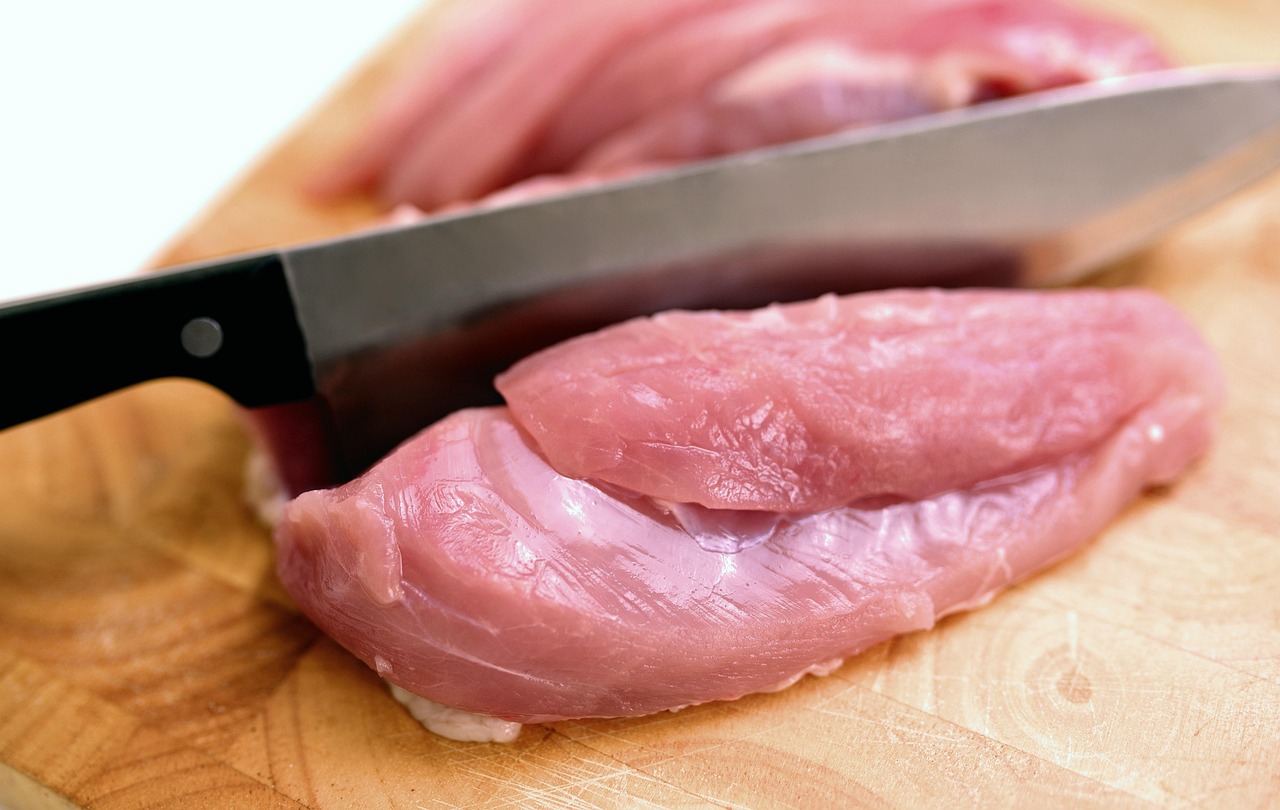940

Meat quality standardization is one of the major challenges facing the food industry, in a context marked by increasingly strict requirements from both authorities and consumers. In Romania, where industrial farms coexist with small traditional holdings, achieving uniform product quality is difficult—but essential for accessing export markets and maintaining consumer trust.
European standards such as EN ISO 22000 or IFS Food provide a general framework, but their implementation requires significant investment in processing infrastructure, control systems, and traceability. The gap between large and small operators is reflected in their ability to maintain consistent product parameters: fat content, texture, color, or meat pH.
One of the key challenges is the lack of accessible standardized laboratories in rural areas, which often leads to qualitative deviations that are hard to detect in time. Additionally, the absence of a unified carcass classification system affects transparency and fairness in transactions.
For processors, maintaining a consistent quality standard involves close collaboration with farmers, applying clear selection criteria when receiving raw materials, and using modern measuring and monitoring equipment. At the same time, staff training and regular internal audits become essential.
Widespread implementation of standardization is not just a legal obligation—it is also an opportunity to boost the competitiveness of the Romanian meat sector on both domestic and international markets. A coherent framework, supported by public policy, can accelerate this process and contribute to the professionalization of the food supply chain.
(Photo: Freepik)





